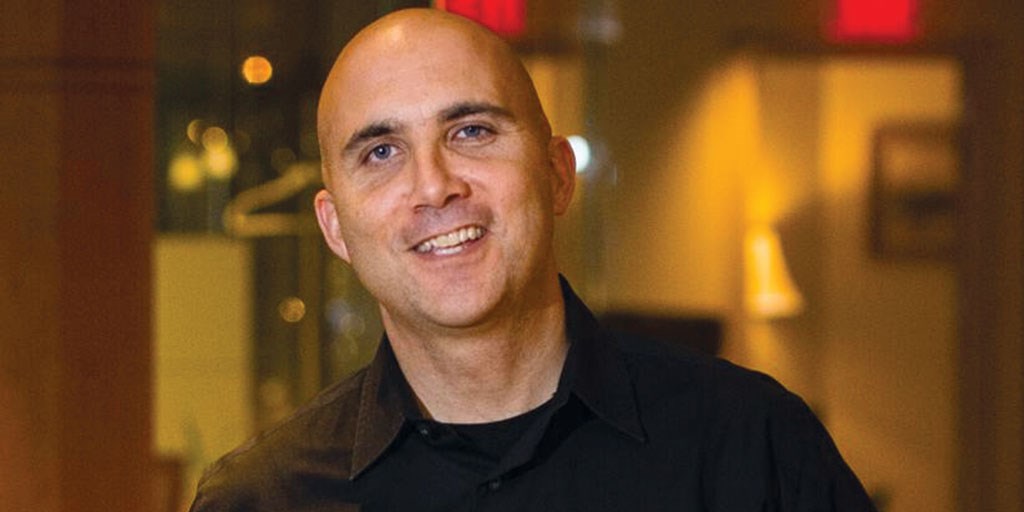Last year, Adam Kaufman studied an estimated 500 early-stage companies to assess their long-term viability. Helping startups refine their message and pursue their goals brings the entrepreneur great satisfaction, win or lose. “I’ve found that even when people pass on an opportunity, they’re honored that we asked them,” says Kaufman, an adviser to JumpStart Inc. and OVO Fund, as well as founder of Up2 Foundation. Kaufman has built his career helping early-stage entrepreneurs secure funding for their business ventures. And he knows the challenges well. “You’d be surprised how rarely entrepreneurs state the use of the funds they are seeking," he says by way of example. "Investors always want to know, ‘What are you going to do with my money?’” In this week’s Dealmaker Q&A, Kaufman explains how entrepreneurs build trust by being authentic, delivering value and following through.
What do you enjoy about helping entrepreneurs raise money?
If you believe in the person who has something you’re raising money for, it’s very fulfilling in a non-financial way to help them pursue their goal or dream. That goes for philanthropic money in addition to for-profit money because I enjoy both. There are so many good ideas out there, and a lot of folks who don’t have access to capital. I’ve built my career working around affluent people and trying to earn their trust and develop what I call ‘relationship equity.’ If we could tactfully once in a while make some withdrawals from that equity, it could be mutually beneficial for the investor or donor, and then the entrepreneur or charity.
How does relationship equity allow for better dealmaking?
If you help others, if you try to assist others without any transactional benefit to yourself, these are deposits into the relationship equity bank. And once in a while, you can make a withdrawal. So the trust comes from always doing what you say you’re going to do, never trying to be somebody you aren’t and being authentic. I joke, but it’s true: I’m usually the least accomplished person at the table. But I never try to outsmart the smart physician or the patriarch who has me flying on his plane. I’m just myself and I try to connect people, deliver value to them, earn their trust and then once in a while, tactfully ask for a withdrawal.
What’s another way entrepreneurs misread investors?
Don’t assume because somebody is affluent, they’re going to invest. There are so many affluent people who don’t want to put their money at high risk. Too many people look at a list of the highest paid CEOs and assume all those are good targets for investing. That’s not always the case. It’s more about this risk-tolerance mindset, where you like early-stage investing. Too often, founders chase wealthy people, but if they’ve never invested in startups before, it’s tough to be the first one.
How does Cleveland rate as an incubator for early-stage companies?
We need more risk-tolerant investors to be willing to spend some of their hard-earned money on higher risk, higher reward opportunities. I’m a partner in a Palo Alto-based fund called the OVO Fund. In the first fund in 2014, I was introducing my Northeast Ohio high-net-worth friends to this opportunity to invest in startups in Silicon Valley. Nine Northeast Ohio people invested, not a high number of people. In 2017, we’re on our second fund with the OVO Fund, we have 31 Northeast Ohio people. So, in just three years’ time, I can already see the increased interest in investing in startups.
What are some final words of wisdom on effective dealmaking?
Follow through on whatever you say you’re going to do. If you tell someone, ‘I’ll get back to you with the answer to that question,’ then do it. It sounds so simple, but it’s shocking how many people don’t follow up. ‘Oh, you want to meet so and so to consider such and such. I’ll introduce you.’ Do it. When I follow through and do those things, you wouldn’t believe the praise I get for simply following through. That earns trust and it builds the relationship.




